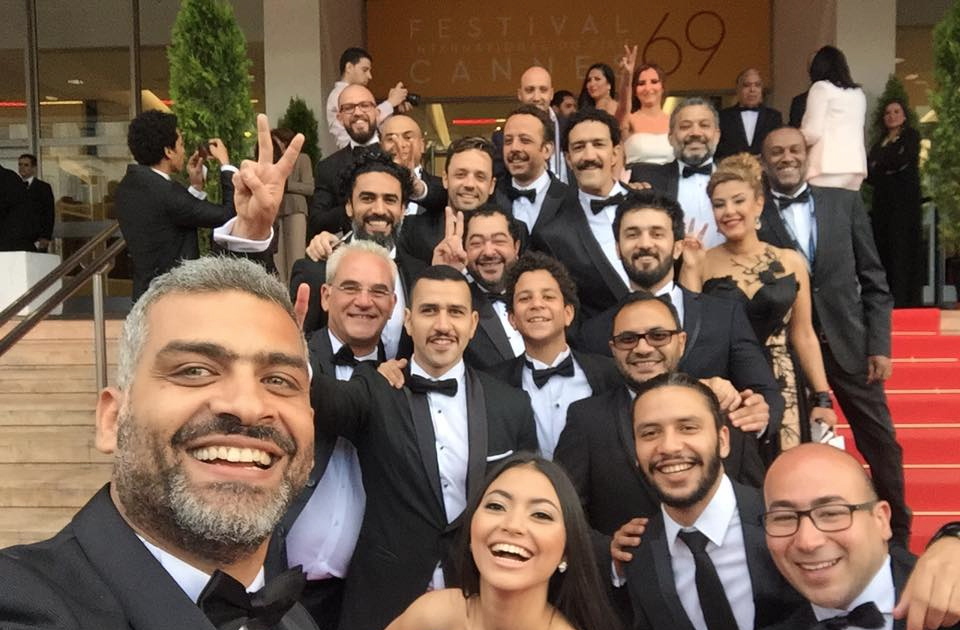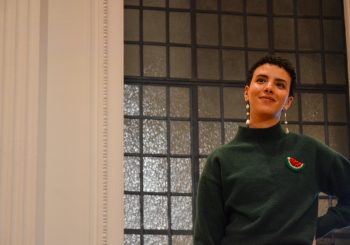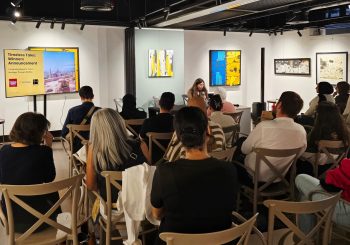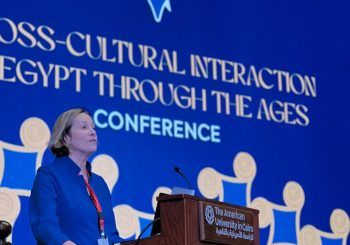The much-anticipated ‘Eshtebak’ (Arabic for ‘Clash’) by Egyptian filmmaker Mohamed Diab has been warm-heartedly received by critics after it was screened at this year’s Cannes Film Festival under the category of Un Certain Regard.
Set in the summer of 2013 in the wake of the popularly-backed ouster of the Muslim Brotherhood government of Mohamed Morsi, the film takes place entirely in the back of a police van with detained demonstrators of different political and religious backgrounds.
Diab, who also directed the acclaimed ‘Cairo 678’ which focuses on sexual harassment and was released just one month before the 2011 uprising, portrays a sort of microcosm of modern Egyptian society in his film.
In the words of Deborah Young writing for the Hollywood Reporter, ‘Clash’ “will be remembered as one of the most telling depictions of modern Egypt yet filmed…Running the gamut from social comedy to actioner to war movie, Clash is an original, often quite disturbing experience to watch.”
Diab’s film is portrayed by Alex Billington of FirstShowing.net as “a seriously outstanding film that goes above and beyond the confines of the paddywagon.”
Amidst the chaos of the situation taking place inside and outside the police truck with intense conflicts between different political factions, Billington highlights the humanity of the people that manages to shine through.
“However, amidst all of this chaos there are real moments of humanity, of connection…despite the constant fighting, we can connect. No matter who we are, we are all humans, all trying to survive. And he shows this beautifully.”
Jay Weissberg of Variety describes it as “bravura filmmaking with a kick-in-the-gut message about chaos and cruelty (with some humanity).”
The Guardian’s Benjamin Lee writes that Diab’s craftsmanship is “breathtaking” and describes the film as “ferociously well-made.”
In response to a question by the Huffington Post’s E. Nina Rothe about what he thinks the audience should take away from ‘Clash,’ the filmmaker himself says, “I think Clash is complicated, it’s very hard to say that there is one thing that they can take away from the film. There is definitely the message about co-existence, there is the message about humanity, you don’t know anyone until you are really close to them. Understanding people, motives, one of the most important thing[s] in the film is the vicious cycle of violence, how it starts and how it never ends. If you keep feeding the vicious circle, it will never end, it’s just going to continue.”







Comments (0)